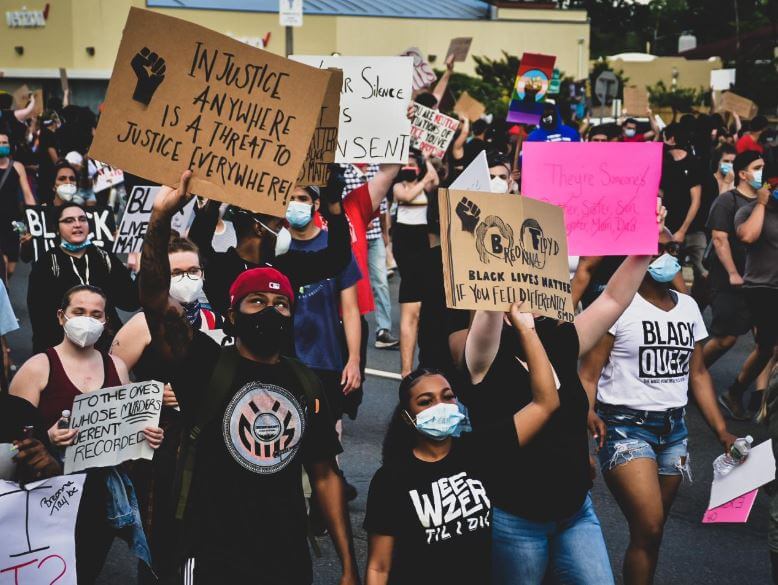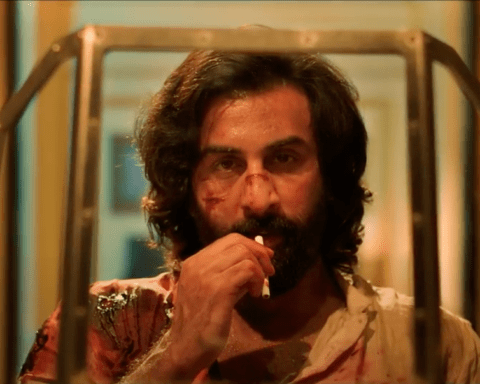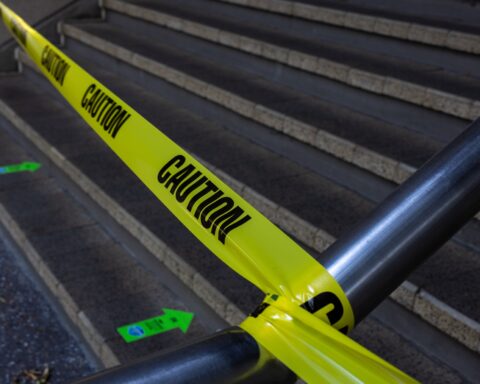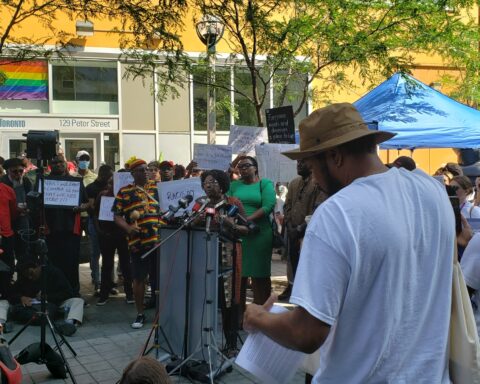The night after George Floyd was killed, a friend (who is also a Black man) called me to see how I was doing. On one hand, I was brimming with energy but simultaneously very tired. I was angry about the death of Floyd but not at all surprised. I hate that that’s my default reaction anytime an unarmed Black person is killed, or to racism in general.
Our conversation took place a day after Amy Cooper called the police on Christian Cooper. Amy is a white woman and Christian is a Black man who was bird-watching in Central Park. In her call, Cooper made sure to highlight the fact that Cooper was a Black man and that she felt threatened. She egregiously played the race card. It’s almost as if she was hoping Cooper suffered the same fate as Floyd. It was infuriating. When I found out she was Canadian, my frustration grew. To me, it was like re-living the Trudeau-blackface incident all over again.
‘Wake up’ Canada
After the encounter, Cooper claimed she is not a racist. To me, however, her disclosure highlights a troubling trend in Canada.
Whenever there’s a racist incident, Canadians are quick to offer words of support and say things like “That could never happen here. Canada is a tolerant and multicultural country.” We need to wake up because multiculturalism and racism are not mutually exclusive.
In response to the protests in the United States in the wake of Floyd’s death, Ontario Premier Doug Ford said Canada doesn’t have the same “systemic, deep roots” of racism. As a Black man born and raised in Canada, I can matter-of-factly say that anti-Black racism is alive and well here. Incidents like what happened to Floyd and Cooper can and do happen to Black people in this country. It happened that same week.
Indian Act. Chinese Head Tax. Legalized slavery for years. Africville. Japanese internment camps. Sixties Scoop. Komagata Maru. Order-in-Council P.C. 1324 aka the ban on Black immigration, 1911. Residential Schools. State execution of Louis Riel. Oka. Carding. MMIWG2S….. https://t.co/e5XT6Q7X29
— Alicia Elliott (@WordsandGuitar) June 2, 2020
Regis Korchinski-Paquet fell to her death after an interaction with police who were called to her apartment in Toronto. The Special Investigations Unit said it will not be releasing details of the case while the investigation is ongoing. While what exactly happened to Korchinski-Paquet remains unclear, what is readily apparent is Canada is not some safe haven from police violence or immune to anti-Black racism.
Need more evidence? Think back just over two months ago to when D’Andre Campbell was killed by police in his Brampton home. Both Campbell and Korchinski-Paquet were Black.
This kind of news terrifies me. It puts into perspective how easily my life could be taken away just because of the colour of my skin. I’m aware that Black people are 20 times more likely to be shot dead by police in Toronto. And between 2000-2017, black people made up 36.5 per cent of fatalities involving police, despite accounting for just 8.3 per cent of Toronto’s population.
I remember getting “the talk” from parents about how to handle interactions with the police when I was younger but I didn’t realize it was a survival tactic. When you’re Black, you learn about race because you have to, because we live in a racist world.
Stop with the virtue-signalling
Canadians need to stop virtue-signalling to avoid talking about racism here. In addition to police brutality, 25,667 people voted for white-supremacist candidate Faith Goldy in Toronto’s 2018 municipal election. She finished in third in one of the world’s most diverse and multicultural cities in the world. That should be alarming and should outrage people but that story came and went without much attention paid to it. Fast forward to last weekend, when a Toronto man was arrested for wearing blackface to a Black Lives Matter protest. Do you see the problem?
A 2019 study found that one-in-five Canadians experience discrimination either ‘regularly’ or from ‘time-to-time’.
I’m surprised it’s not more. Almost every Black or racialized person I know has dealt with racism at some point in their life, like through name-calling or microaggressions.
According to the same study, six-out-of-10 respondents said they’re very (14 per cent) or somewhat (46 per cent) hopeful that all racialized people in Canada will be treated with the same respect as other people, in their lifetime. I think that’s optimistic but I have to believe that it is possible. I’ve been heartened by conversations I’ve had with people, petitions I’ve seen circulating and by the efforts I’ve seen made to educate people about racism over the last few weeks. Things are heading in the right direction.
1/ The CBC needs more Black producers. And to cut the crap. #BlackLivesMatter#JusticeForRegis
I was tapped yesterday to appear on The Current this morning to discuss "George Floyd and Amy Cooper."When I asked if we would also talk about Regis Korchinski-Paquet, I was told:
— Sandy Hudson (@sandela) May 29, 2020
As media, we need to contribute to, and facilitate, these conversations. We need to tackle the issue of racism in this country head-on and stop hiding behind America.
If now isn’t the time to talk about anti-Black racism in Canada, when thousands of people are protesting and demanding justice across the country, when data is telling us that COVID-19 is disproportionately affecting Black people, and unarmed Black people are dying at the hands of police, when will it be time to talk about it?
Marcus is a poet, editor and freelance journalist based in Toronto. He currently works with New Canadian Media as an Editor and as a Freelance Writer for ByBlacks.com, The Edge: A Leader's Magazine and The Soapbox Press.




